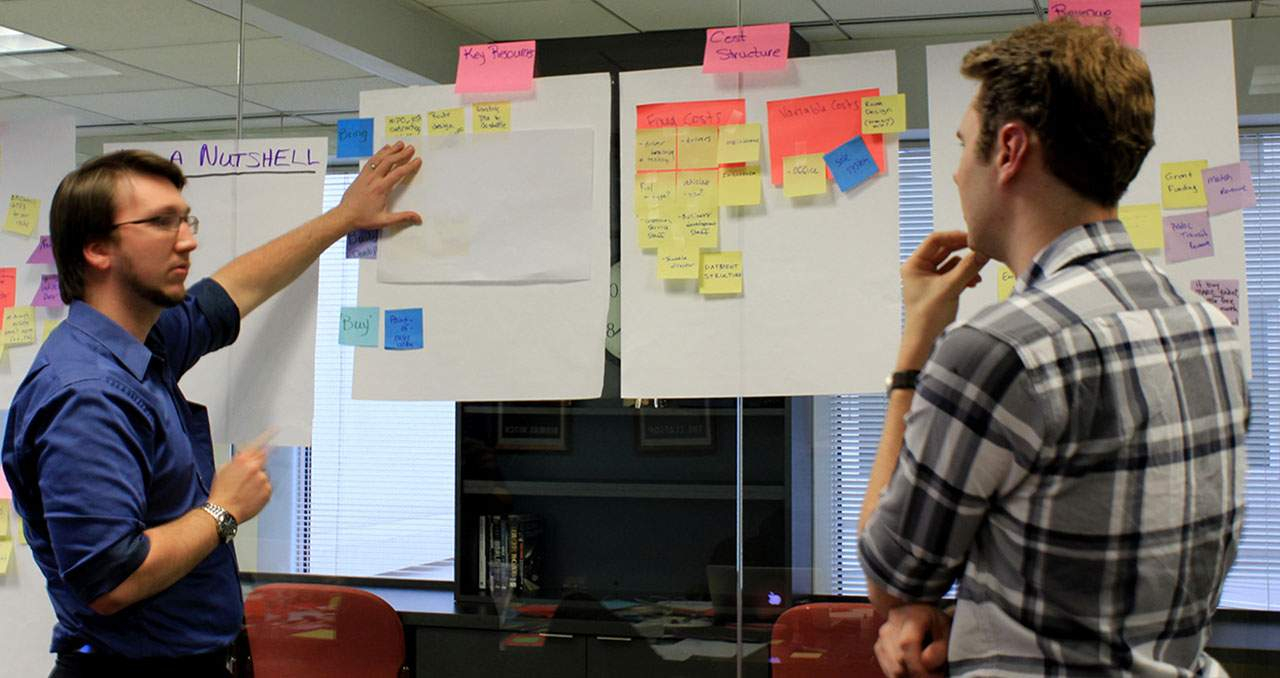Playing the Long Game: How to Grasp All the Pieces and ‘Win’ the Mobility Management Game
- Author: Kristin Lam Peraza
- Date: May 29, 2025
This article originally appeared on the National Aging and Disability Transportation Center blog. In the field of mobility management, success…

